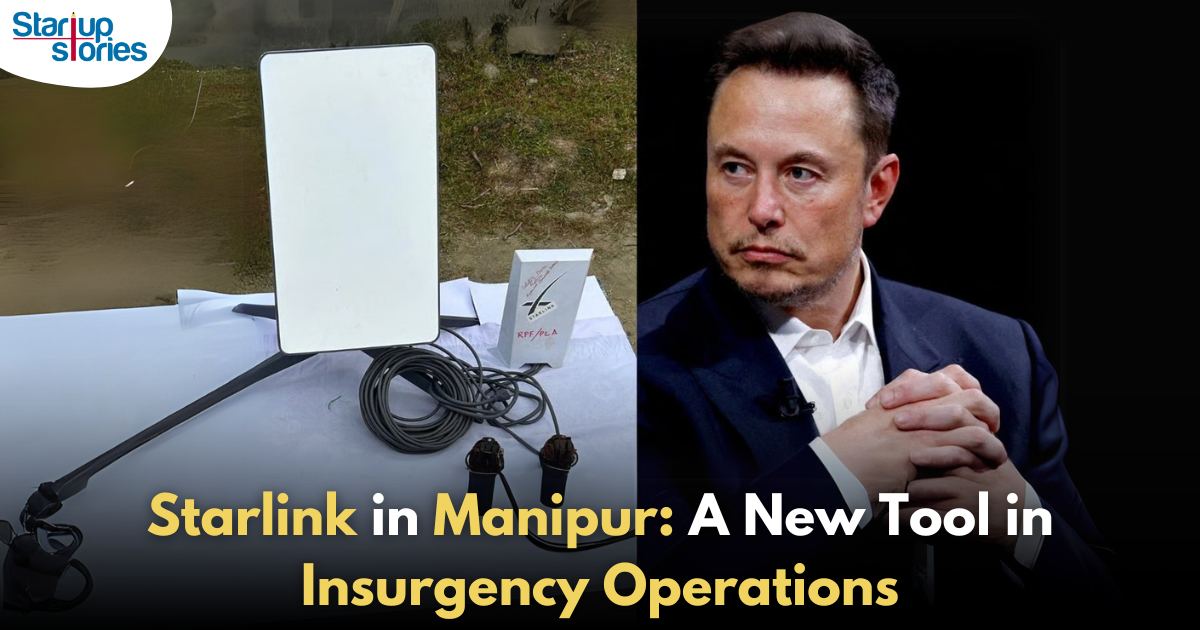Apple has officially launched the highly anticipated iPhone 17 series in India, with prices starting at INR 82,900 for the base 256GB model. The new lineup includes the iPhone 17, iPhone 17 Pro, iPhone 17 Pro Max, and the newly introduced ultra-slim iPhone Air. Apple has removed the 128GB storage variant, making 256GB the minimum for all models. The standard iPhone 17 features a vibrant 6.3-inch ProMotion OLED display with a 120Hz refresh rate and an upgraded Ceramic Shield 2 for improved durability. It comes in fresh color options like lavender, mist blue, sage, white, and black.
The iPhone 17 Pro and Pro Max models are powered by Apple’s latest A19 Pro chip and start at INR 1,34,900 and INR 1,49,900, respectively. These Pro models feature sleek titanium frames, significant camera upgrades including 8K video recording, and up to 6x optical zoom in the Pro Max. Meanwhile, the iPhone Air, priced from INR 1,19,900, is the slimmest and lightest iPhone ever, boasting a 6.7-inch Super Retina XDR display with ProMotion technology and a triple-camera setup, positioning itself between the standard and Pro models.
Pre-orders for the iPhone 17 series commence on September 12, with sales beginning on September 19, 2025. Alongside the launch, Apple has reduced prices for the previous iPhone 16 models while discontinuing the iPhone 16 Pro and Pro Max variants. The iPhone 17 series exemplifies Apple’s ongoing commitment to enhancing display technology, camera capabilities, and overall performance, setting a new benchmark for premium smartphones in the Indian market.


open a binance account
February 21, 2025 at 4:19 am
Thank you for your sharing. I am worried that I lack creative ideas. It is your article that makes me full of hope. Thank you. But, I have a question, can you help me?
drover sointeru
April 8, 2025 at 1:26 pm
Some genuinely good info , Gladiola I found this. “The past is a guide post, not a hitching post.” by L. Thomas Holdcroft.
Vmltwrat
May 24, 2025 at 10:56 am
Explore the ranked best online casinos of 2025. Compare bonuses, game selections, and trustworthiness of top platforms for secure and rewarding gameplaycrypto casino.
wtaycoukz
July 18, 2025 at 11:57 pm
O Big Bass Secrets of the Golden Lake tem uma estrutura de tambores 3×5. No total, existem 10 linhas de pagamento. Entre em uma aventura aquática com Big Bass Secrets of the Golden Lake™. Tal como no Big Bass Halloween 2, o Big Bass Christmas Bash tem uma volatilidade muito alta. É uma característica comum aos Big Bass com temáticas festivas. Big Bass Secrets of the Golden Lake traz três grandes recursos, o das Rodadas Grátis normais e as Rodadas Grátis Golden Lake e os Respins de Scatters. Descubra abaixo como ativar esses bônus e como eles funcionam. Big Bass Secrets of the Golden Lake por Reel Kingdom A versão demo gratuita do Big Bass Bonanza está disponível aqui em BETO. Pode jogar gratuitamente para compreender melhor o jogo e lembre-se de jogar sempre com responsabilidade.
https://aiconomi.ai/review-do-jogo-thimbles-da-evoplay-diversao-e-emocao-para-jogadores-brasileiros/
Além de poder pagar até 5.000 vezes a aposta por rodada, Big Bass Splash encanta pelo potencial de gerar até 20 rodadas grátis, sendo os giros gratuitos uma porta de entrada para a chance de conquistar altos prêmios com modificadores e multiplicadores de aposta! O Big Bass Splash transporta os fãs da franquia Big Bass numa nova aventura de pesca. Entre os símbolos, os jogadores encontrarão o icónico Big Bass ilustrado a verde com um pôr do sol ao fundo. Uma variedade de outros peixes, bem como muitos equipamentos de pesca também aparecem. Não é atoa que a série Big Bass se tornou um verdadeiro estandarte da cultura iGaming. Big Bass Bonanza, o jogo originário da série, é um jogo do pescador com bons gráficos, rodadas grátis empolgantes com a funcionalidade de multiplicadores e de jogabilidade simples.
www.binance.com-
August 12, 2025 at 10:32 am
I don’t think the title of your article matches the content lol. Just kidding, mainly because I had some doubts after reading the article.
conta binance gratuita
September 22, 2025 at 10:02 am
I don’t think the title of your article matches the content lol. Just kidding, mainly because I had some doubts after reading the article.
iwin
November 5, 2025 at 9:27 pm
iwin – nền tảng game bài đổi thưởng uy tín, nơi bạn có thể thử vận may và tận hưởng nhiều tựa game hấp